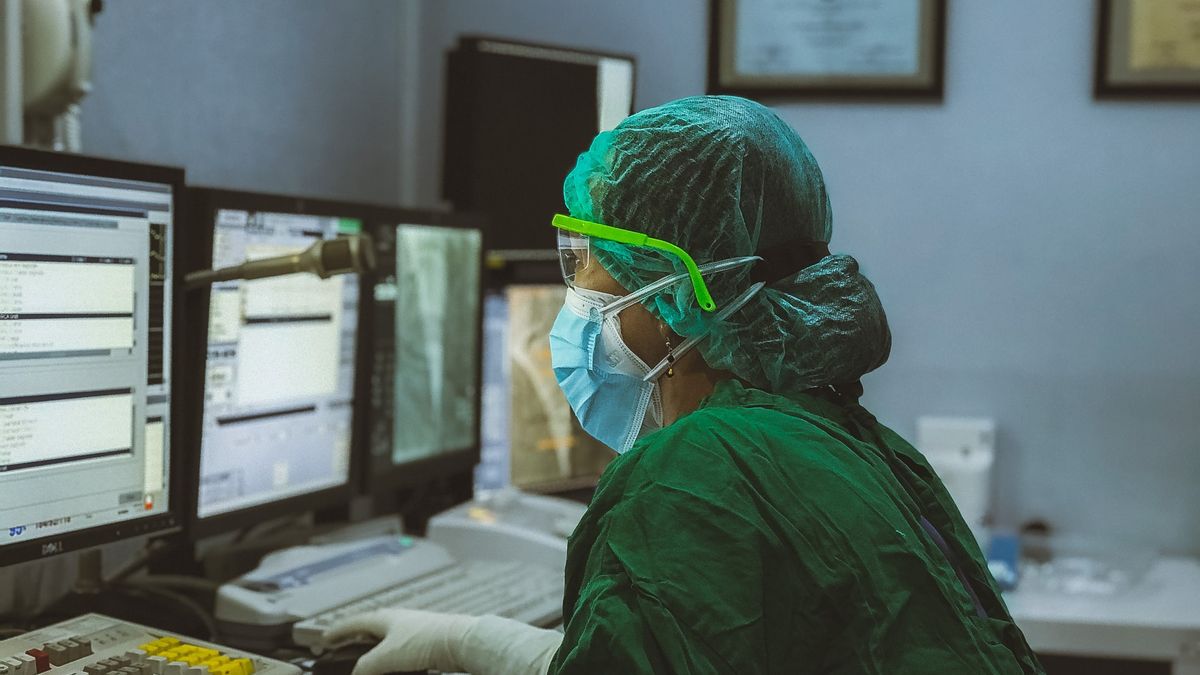JAKARTA - Commission IX of the House of Representatives urges the government to anticipate the spread of Acute Hepatitis in a more optimal way. The government is also reminded to prioritize early detection so that the disease that attacks many children does not become epidemic.
"We hope that the government will optimize efforts to anticipate the spread of acute hepatitis, considering that quite a number of cases have been found in the country," said member of the House of Representatives Commission IX, Rahmad Handoyo, Friday, May 20.
Until May 17, 2022, it was reported that there were 14 suspected cases of acute hepatitis in children in Indonesia, spread across several regions. The details are 1 case with probable status or strongly suspected of being infected and 13 cases pending classification (same symptoms but no examination results yet).
Rahmad said, learning from the initial conditions of the Covid-19 Pandemic, the Government was encouraged to be even more alert in conducting socialization and education related to the situation related to Acute Hepatitis.
"What are the symptoms and anticipation of this disease. The government must be more aggressive in bringing all information to the public, especially parents," said Rahmad.
The legislator from the Central Java V electoral district also asked the Ministry of Health (Kemenkes) and the Regional Government to be proactive in conducting research related to acute hepatitis. Moreover, said Rahmad, a number of suspected cases of acute hepatitis have occurred in a number of areas.
"Health research can be carried out by the government in this case the Ministry of Health and BRIN by cooperating with all hospitals and campuses so that the spread of Acute Hepatitis does not spread," he urged.
According to Rahmad, the uncertainty about the causes of Acute Hepatitis is certainly a concern for parents. Especially, currently face-to-face learning (PTM) in schools has started to run.
"Therefore, we urge the government to continue to closely monitor the implementation of PTM by implementing health protocols," said Rahmad.
"Don't let the safety and future of the nation's children be snatched away by Acute Hepatitis because of negligence in anticipating the spread of this disease," he added.
Commission IX in charge of health affairs will hold a working meeting (raker) with the Ministry of Health on Monday (23/5) to discuss the problem of Acute Hepatitis.
Although it has issued a circular so that health care facilities can be alert to cases of Acute Hepatitis, the Government is reminded to maximize early detection efforts at first-level facilities such as clinics, health centers, and general practitioners.
“The first-level health facilities must increase their test capacity. Because if early detection at first-level health facilities doesn't work, the Acute Hepatitis patients found are already in the category of severe cases," said Rahmad.
Not only that, the lack of early detection of acute hepatitis cases is considered to make new patients with this disease treated properly when their condition has worsened. Rahmad assessed, delays in handling patients will be an obstacle in handling the spread of Acute Hepatitis in Indonesia.
"With qualified early detection, we will also break the chain of transmission of acute hepatitis cases. Children who suffer from the disease are treated quickly and it is not too late to get help,” he said.
Meanwhile, Rahmad appealed to the public to be more vigilant. Especially for parents to pay more attention to symptoms in children who are sick.
"Because in the early stages, the symptoms shown by acute hepatitis are the same as other diseases in general, namely abdominal pain, nausea, vomiting, and diarrhea, only then the child begins to show jaundice," explained Rahmad.
Parents are asked to immediately take their child to a health facility if for a few days the condition of the sick child does not improve. Rahmad also appealed to the entire community to continue to adopt a healthy lifestyle.
"Don't wait until the child's condition worsens, which is marked by concentrated urine and white mucus in the stool. It's better to anticipate before it's too late," he concluded.
The English, Chinese, Japanese, Arabic, and French versions are automatically generated by the AI. So there may still be inaccuracies in translating, please always see Indonesian as our main language. (system supported by DigitalSiber.id)













